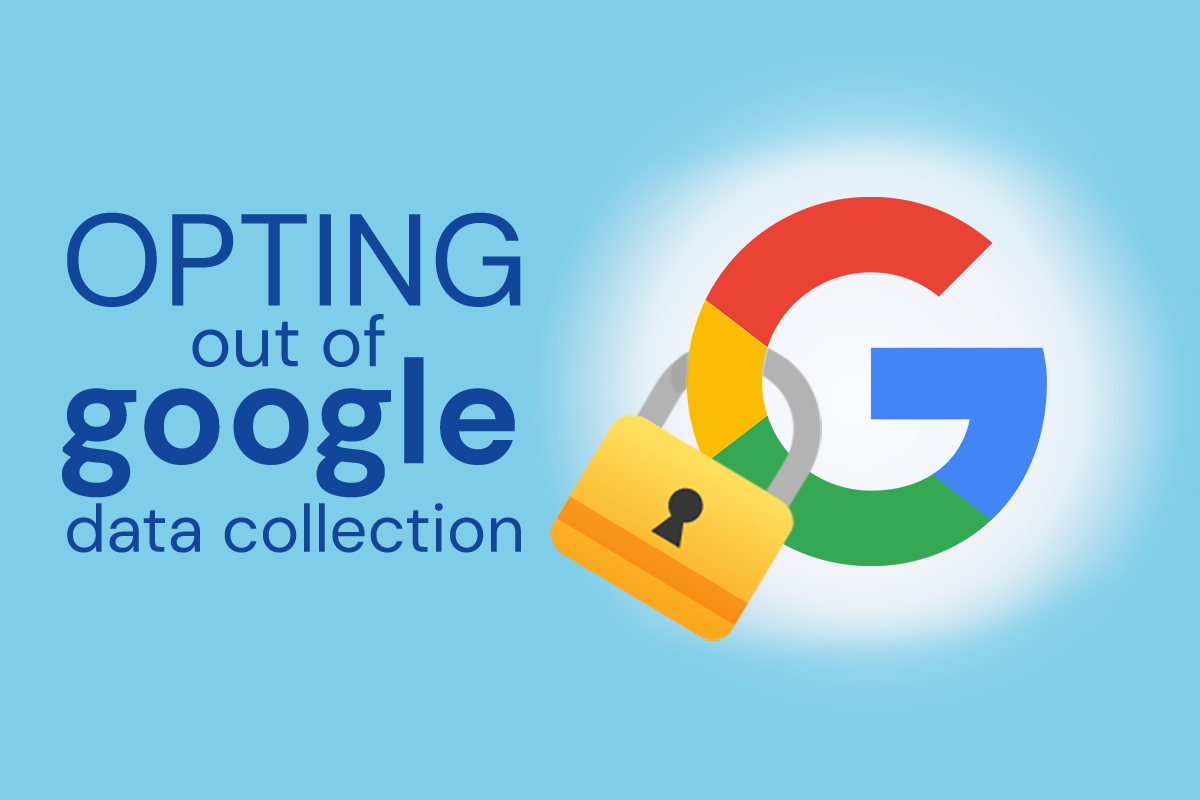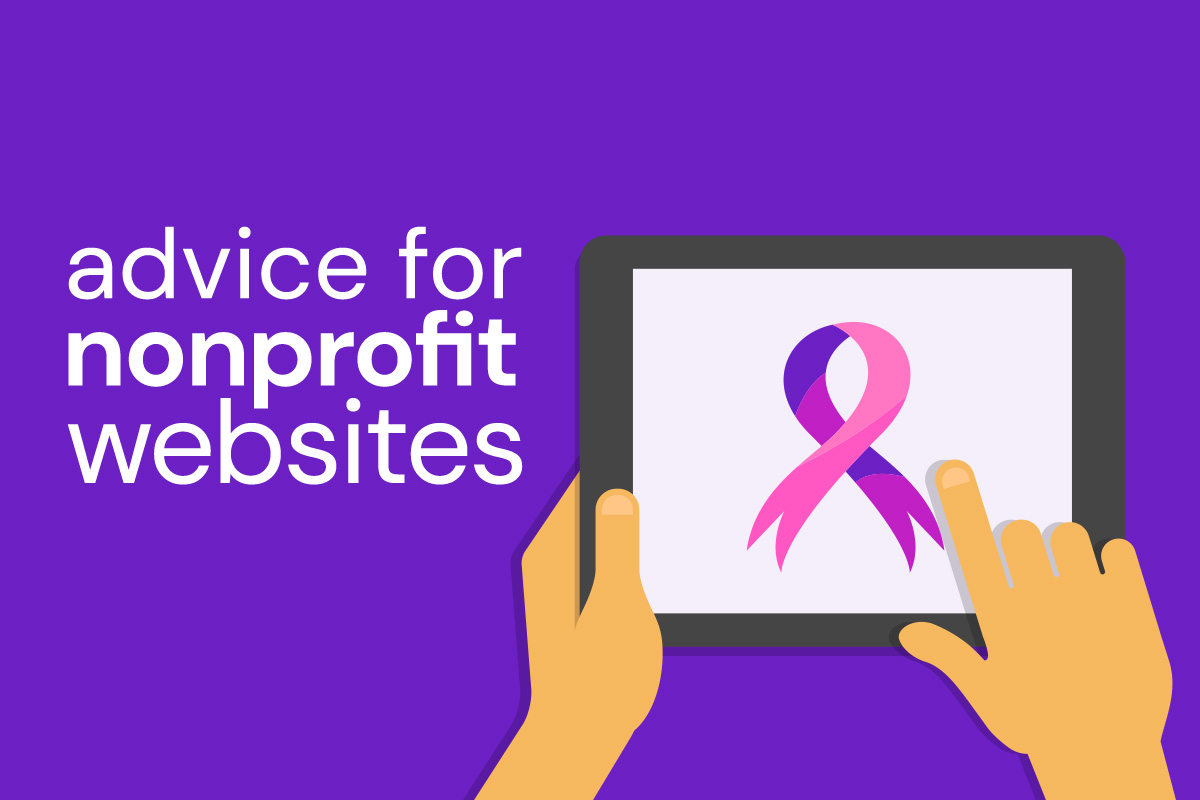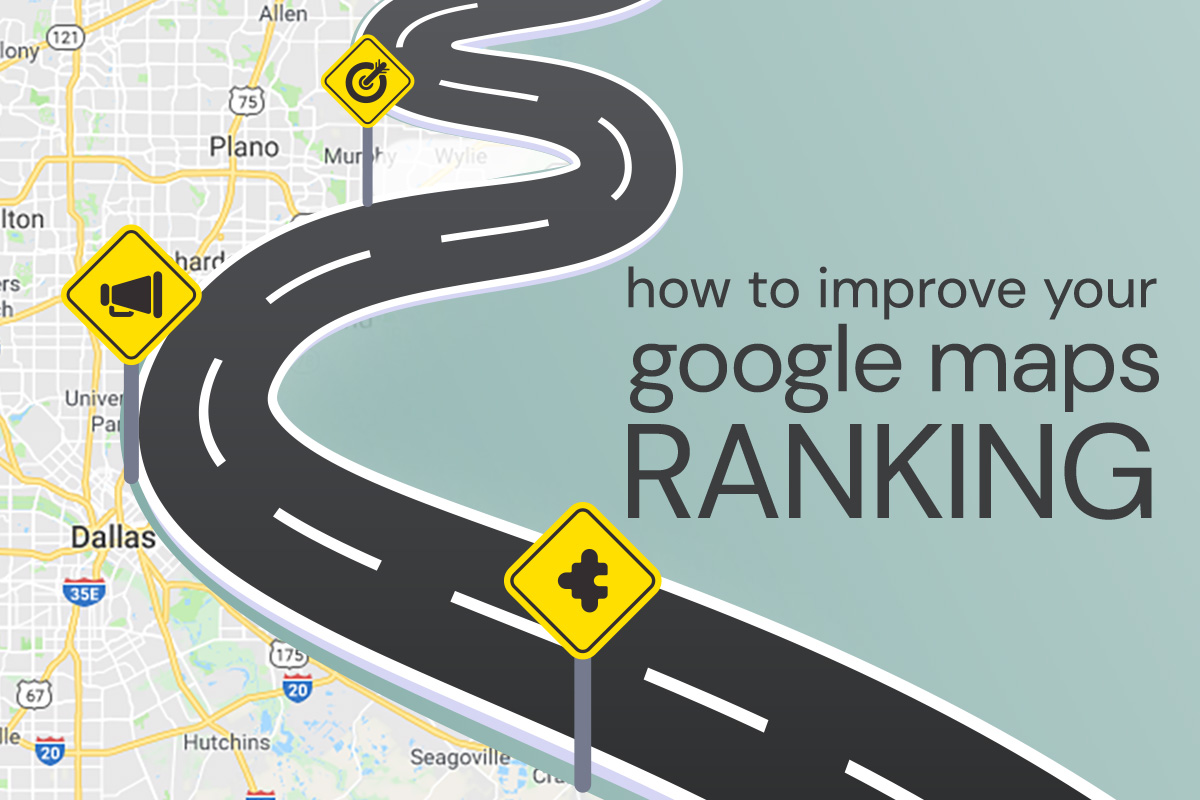A few weeks ago, we wrote a blog post where we talked about Google’s protection of user data in Google Analytics. It comes as a bit of a surprise, then, that Google made such a radical change to its privacy policy toward the end of summer. You probably noticed—but might have skimmed right by—a screen informing you of this change, because of a slightly misleading headline. “Some new features for your Google Account,” read the headline. As with so much fine print, these “features” aren’t really helpful for you so much as they are for Google.
Google’s History of Pro-User Privacy Protection
In 2007, Google acquired the ad network DoubleClick. At the time, Google’s founder Sergey Brin reiterated that user privacy would be the company’s “number one priority.” The landscape has changed dramatically since 2007; back then, Facebook was still relatively new. Now, Twitter and Facebook are mining user data to the max, sharing user data with a wide variety of third parties. Google really was the last major stronghold for protection of user privacy.
Now, Google has updated its policy to state that user activity on websites and apps “may be” (read: will be) associated with personal information. Google can know who a user is everywhere, on every device. And it can associate that data with your real name. The stated purpose is to send advertising messages, and Google says that the data is being shared internally. But as we can easily imagine, that massive amount of data could easily be misused if it were to fall into the hands of a third party. This change is enabled by default for new users, while existing users were prompted to opt in via this screen about “new features.”
Our Recommendation: Opt Out for Privacy Protection
As a rule, I.T. Roadmap does not recommend giving away personal data for free if you don’t absolutely have to. And because Google collects such a huge quantity of information, we especially recommend opting out of this data collection. It’s not just Internet searches, but also Gmail, and Google Driving Directions, and Google Drive, and Google Calendar. Some sources claim that Google is NOT parsing the content of your actual emails for data mining purposes, but the real answer seems to be up in the air.
Here’s how to opt out of this latest ad tracking “feature”:
- Go to myaccount.google.com/activitycontrols.
- Uncheck the box that reads “Include Chrome browser history and activity from websites and apps that use Google services.” A window will pop up asking you to confirm the decision.
- You can also turn off all activity by clicking on the blue switch located on the right, next to “Web & App activity.”
This would also a great time to manage and/or delete your previous activity, including web searches and YouTube video watches.
Do you have more questions about privacy? It’s one of our favorite topics, and we would love to give you a consultation. Contact us!






